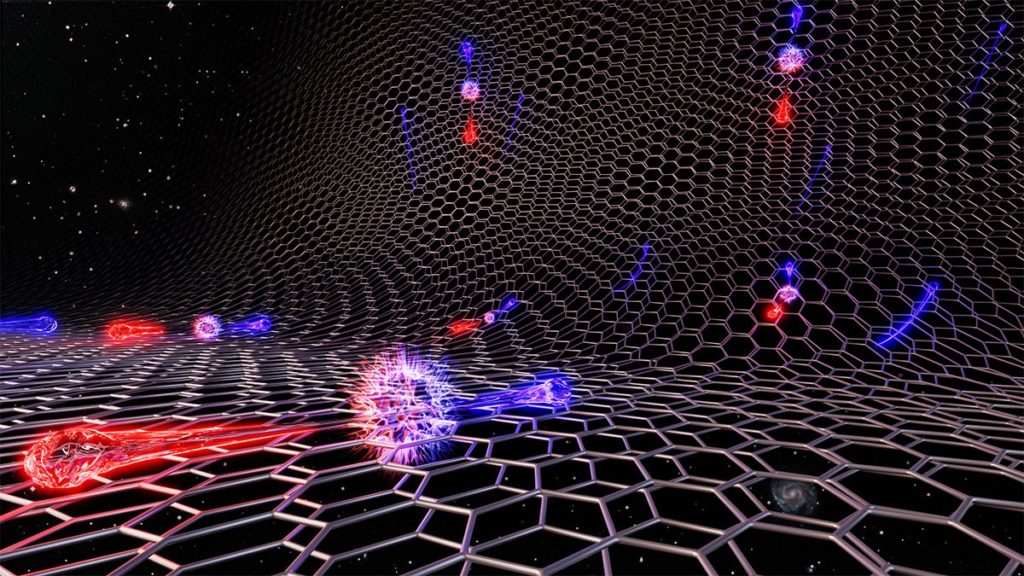
Researchers at The University of Manchester have succeeded in observing the so-called Schwinger effect, an elusive process that normally occurs only in cosmic events. By applying high currents through specially designed graphene-based devices, the team — based at the National Graphene Institute — succeeded in producing particle-antiparticle pairs from a vacuum.
A vacuum is assumed to be completely empty space, without any matter or elementary particles. However, it was predicted by Nobel laureate Julian Schwinger 70 years ago that intense electric or magnetic fields can break down the vacuum and spontaneously create elementary particles.
This requires truly cosmic-strength fields such as those around magnetars or created transitorily during high-e...
Read More





Recent Comments